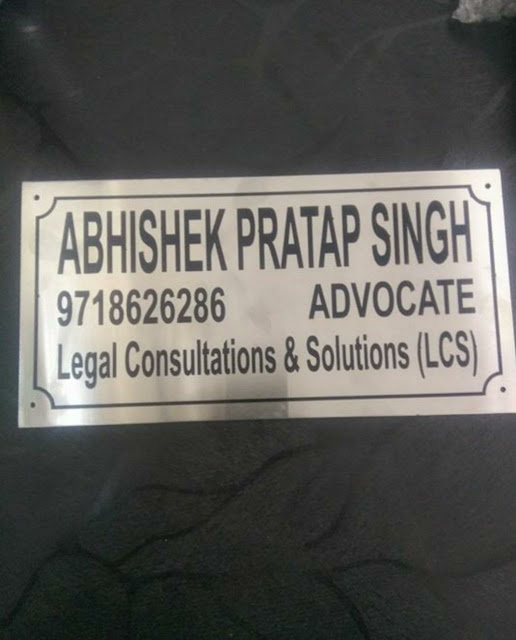Divorce under Hindu Marriage Act
DIVORCE
As per to Hindu Marriage Act 1955 , Section 13 lays down various grounds of divorce, but there are three primary grounds of divorce in which mostly court passes decree of Divorce.
1. Adultery
2. Cruelty
3. Mutual Consent
1. Adultery
According to sec. 13(1)(i) if the other party has after solemnization of the marriage had voluntary sexual intercourse with any person other than his or her spouse while he/she still being alive , then it would be a ground for Divorce.
2. Cruelty
According to sec. 13(1)(ii), if the other party has treated the petitioner with cruelty then it would be a ground for Divorce.
No exact interpretation
of cruelty exists in HMA 1956, cruelty may be delicate or atrocious. It may be bodily
or psychological. It may be by language, body language or may be by quiet.
“Conduct of such an act so as to have cause danger to life,
limb or health, bodily or mental, or give rise to a reasonable apprehension of
such danger”
Russel v Russel (1897) A.C. 305
“Generally
it happens that a spouse who does not care for the feelings and happiness of
the other spouse does a number of acts meant to injure the other spouse or
cause mental grief. It is cumulative effect which makes it a behavior cruel”
Dastane v Dastane (AIR 1976 SC 1534)
3. Mutual Consent.
There are cases when parties wish to part happily, rather than indulge in accusation, therefore sec 13B lays down grounds for Divorce by way of mutual consent. The essential ingredients are :-
A joint petition by both the spouse stating :
(a) That they have been living separately for a period of one year with no physical relation of any sorts.
(b) That they have not been able to live together, and
(c) They have mutually agreed to live separately.
Jurisdiction of
Courts
Section 19 of the Hindu Marriage Act lays down that a petition in any matrimonial cause may be presented to the district court within the local limits of whose Jurisdiction –
(a) The marriage was solemnized, or
(b) The respondent at the time of the presentation of petition resided, or
(c) The parties to the marriage last resided together, or
(d) The petitioner is residing at the time of the presentation of petition in a case ,at a place which is outside the territory to which the act extends or hasn’t been heard of as being alive for a period of 7 years or more.
Legal Consultations and solutions (LCS )




Comments
Post a Comment
Thanks for your valuable comment.